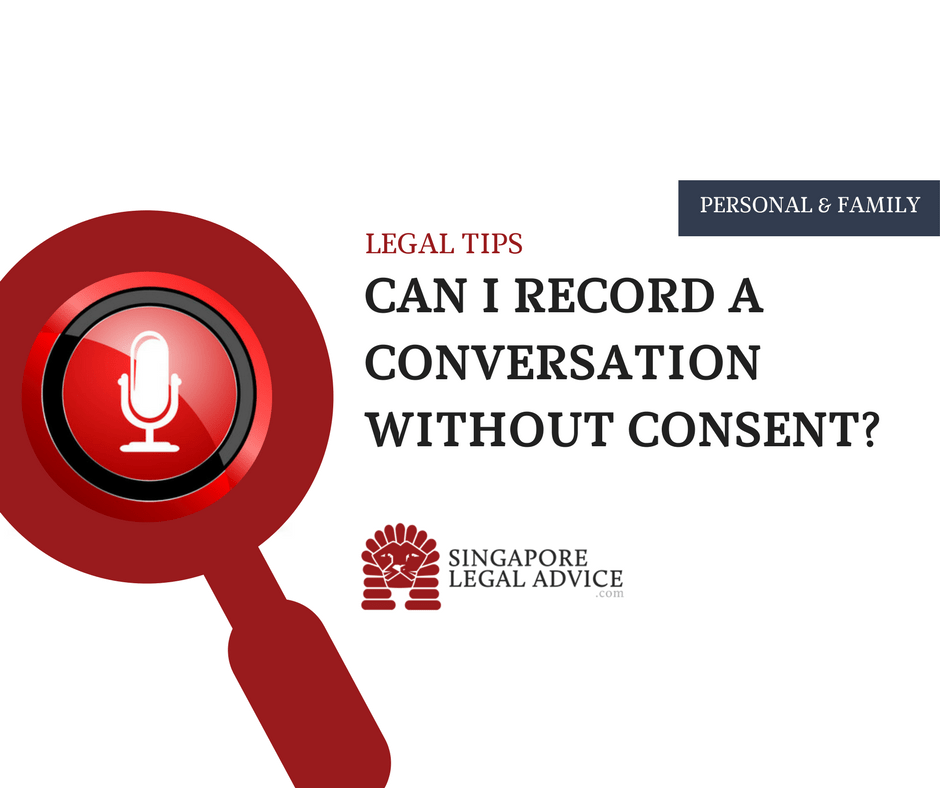In the age of technology and instantaneous communication, the desire to record conversations often arises—be it for personal, professional, or legal purposes. This brings us to an intriguing question: Can I record a conversation in Colorado? The answer is not as straightforward as it may seem. The nuances of the law regarding recording conversations demand a closer look.
To understand the legality of recording conversations in Colorado, we first need to delve into the concept of consent. Colorado is classified as a “one-party consent” state. This means that you can legally record a conversation as long as one party involved in the conversation consents to the recording. In other words, if you are a participant in the conversation, you have the right to record it without informing the other participants. This is in contrast to “two-party consent” states, where everyone involved must agree to be recorded.
Imagine you’re at a business meeting discussing a crucial deal. As a participant, you have the authority to record the conversation without informing your colleagues. However, it’s vital to approach this with a keen sense of ethics and respect for privacy. While the law affords you the right to record, the implications of doing so without the knowledge of others can be profound. A sense of trust is paramount in any relationship, and covertly recording conversations can erode that trust. Therefore, while you may have the legal backing, the moral considerations should guide your actions.
Now, let’s explore the type of conversations you may consider recording. Perhaps you wish to document a business meeting or an interview for later reference. It’s prudent to notify the other parties involved, as this invites transparency and fosters a cooperative atmosphere. Recording personal conversations can become more complex. If you’re having a discussion with a friend or family member about sensitive topics, it’s often best to ask for their consent, not only to comply with the law but also to maintain healthy relationships.
Furthermore, the implications of recording conversations can diverge depending on the context. For instance, if the conversation takes place in a public setting, the expectations of privacy are considerably lower. However, within a private setting, the nuances of consent can become murky. Consider the potential repercussions if someone discovers they were recorded without their knowledge. The fallout could lead to damaged relationships, legal issues, or reputation loss.
Another aspect to consider is the content of the conversation. Legal proceedings are often complicated, and recorded conversations can serve as valuable evidence. However, the admissibility of such recordings in court can depend on various factors, including how the recording was obtained. Courts may question the discretion exercised while obtaining the recording. If the recording is deemed to have been taken in bad faith or without sufficient justification, it may be disregarded as evidence.
When it comes to breaking the law, consequences can be severe. In Colorado, unlawfully recording a conversation can result in civil lawsuits and, in some scenarios, criminal charges. It’s crucial to heed these legal standards to avoid becoming embroiled in unnecessary disputes. If your motivations for recording a conversation stem from a desire to collect evidence for a dispute or investigation, consulting with a legal professional can provide clarity regarding your rights and limitations. They can help navigate the murky waters of consent and legality.
As technology continues to evolve, preserving the integrity of conversations has become increasingly challenging. With the advent of applications and devices that make recording seamless, one must remain vigilant about how these tools are used. Understanding your rights, and knowing when to exercise them, is essential in order to utilize these technological advancements responsibly.
To further complicate matters, the notion of consent can also extend beyond human conversations to include digital discussions. For example, recording a phone call via an app may also require you to consider the policies of the application or service provider. Regulations can differ widely, influencing whether the recording is permissible under both state and federal law.
Moreover, the ethical considerations surrounding recording conversations resonate in many contexts. In a dynamic environment like Colorado, where people from diverse backgrounds and professions interact, a culture of openness and direct communication is essential. Open dialogue can significantly reduce the likelihood of misunderstandings, saving both parties from the necessity of ever resorting to recordings as a means of validation.
Ultimately, recording conversations should be exercised with caution and integrity. As intriguing as it may be to document dialogues for posterity or protection, the complexities surrounding consent, ethical practices, and legal consequences cannot be ignored. As individuals and professionals strive to navigate this intricate landscape, fostering respectful and transparent communication will always be the most prudent approach.
The question, “Can I record a conversation in Colorado?” transforms into, “How can I responsibly capture and preserve conversations while respecting the rights and expectations of others?” It’s a perspective shift that calls for consideration and curiosity rather than simple legalistic interpretation. In the quest for understanding, we can cultivate a discourse that honors both our interests and the privacy of those around us.
